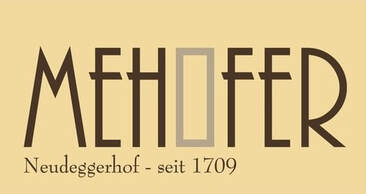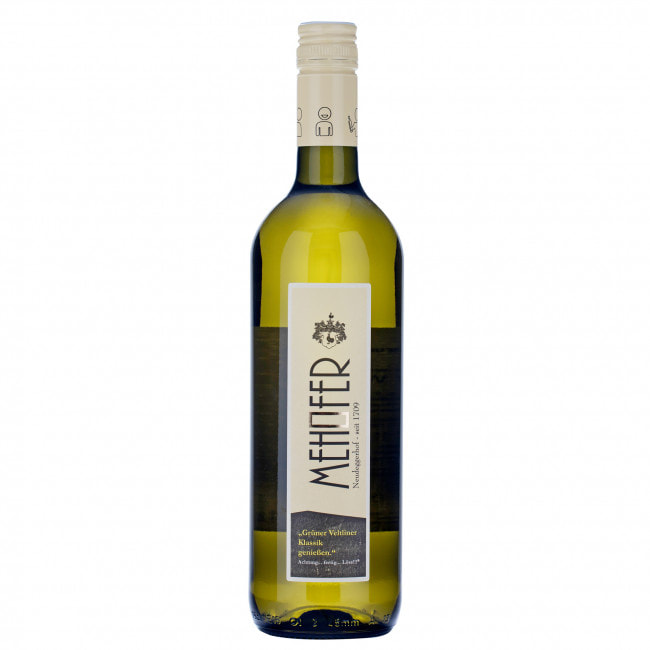The Mehofer family has lived and worked on their Neudeggerhoh estate for 10 generations, over 300 years. In 1992, they became one of the first wineries in the area to convert to organic production 100%.
The Mehofer vineyards count with deep layers of “loess” formed in the Ice Age covering the substrate of marine deposits and river gravel. The climate is continental, with warm air from the Pannonian Plains to the east tempered by cool Alpine influences to the north. This leads to warm, dry days and very cool nights, allowing the grapes to develop delicate aromas while retaining excellent acidity and freshness. This results in full bodied wines rich in aroma and flavor even in a rather low alcohol classic style.
Viticulturist, winemaker and head of the 10th generation, Stephan Mehofer goes beyond using organic methods, dry farming the vineyards and seeding the rows with a mix of clover, buckwheat and radishes to encourage biodiversity. No pesticides are used (herbicide, fertilizer, additives, etc.) and only compost is used as fertilizer. He deeply believes in the philosophy of making the wine on the vineyard, comparing the grapes to musicians in an orchestra and explaining “The winemaker, as a conductor, only spreads what already exists.” As a result, he employs as few interventions as possible in the cellar, using only native yeasts, no winemaking additives and only lightly fining or filtering. The results are excellent wines. Sulfite levels are below ≤30 mg/L.
The family's devotion to organic growing practices is only one piece of their commitment to their surroundings. Their buildings are carefully designed to have minimal environmental impact, they prioritize local and renewable resources and encourage biodiversity in their vineyards and gardens. Besides wine, the family obtains honey from their own beehives and grows trees for barrel production.
The Mehofer vineyards count with deep layers of “loess” formed in the Ice Age covering the substrate of marine deposits and river gravel. The climate is continental, with warm air from the Pannonian Plains to the east tempered by cool Alpine influences to the north. This leads to warm, dry days and very cool nights, allowing the grapes to develop delicate aromas while retaining excellent acidity and freshness. This results in full bodied wines rich in aroma and flavor even in a rather low alcohol classic style.
Viticulturist, winemaker and head of the 10th generation, Stephan Mehofer goes beyond using organic methods, dry farming the vineyards and seeding the rows with a mix of clover, buckwheat and radishes to encourage biodiversity. No pesticides are used (herbicide, fertilizer, additives, etc.) and only compost is used as fertilizer. He deeply believes in the philosophy of making the wine on the vineyard, comparing the grapes to musicians in an orchestra and explaining “The winemaker, as a conductor, only spreads what already exists.” As a result, he employs as few interventions as possible in the cellar, using only native yeasts, no winemaking additives and only lightly fining or filtering. The results are excellent wines. Sulfite levels are below ≤30 mg/L.
The family's devotion to organic growing practices is only one piece of their commitment to their surroundings. Their buildings are carefully designed to have minimal environmental impact, they prioritize local and renewable resources and encourage biodiversity in their vineyards and gardens. Besides wine, the family obtains honey from their own beehives and grows trees for barrel production.

